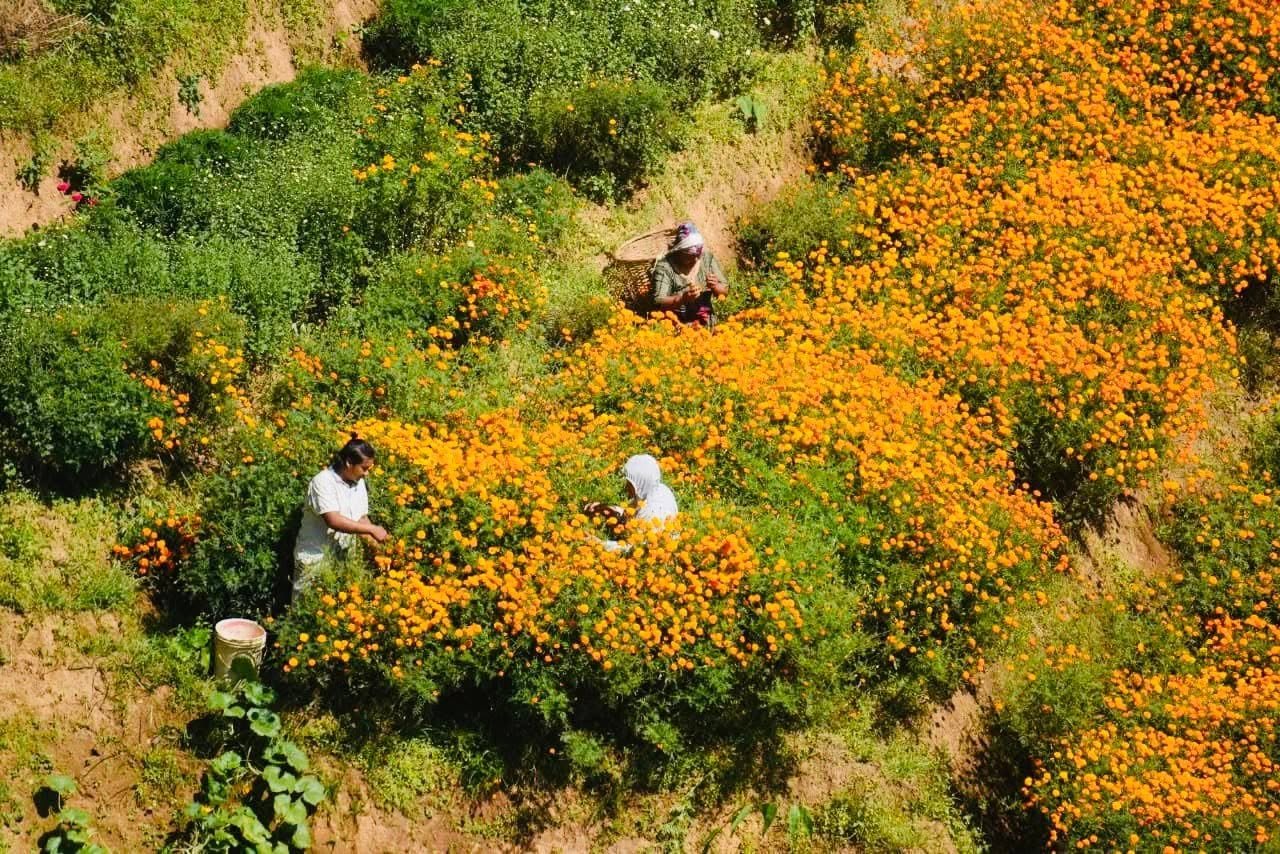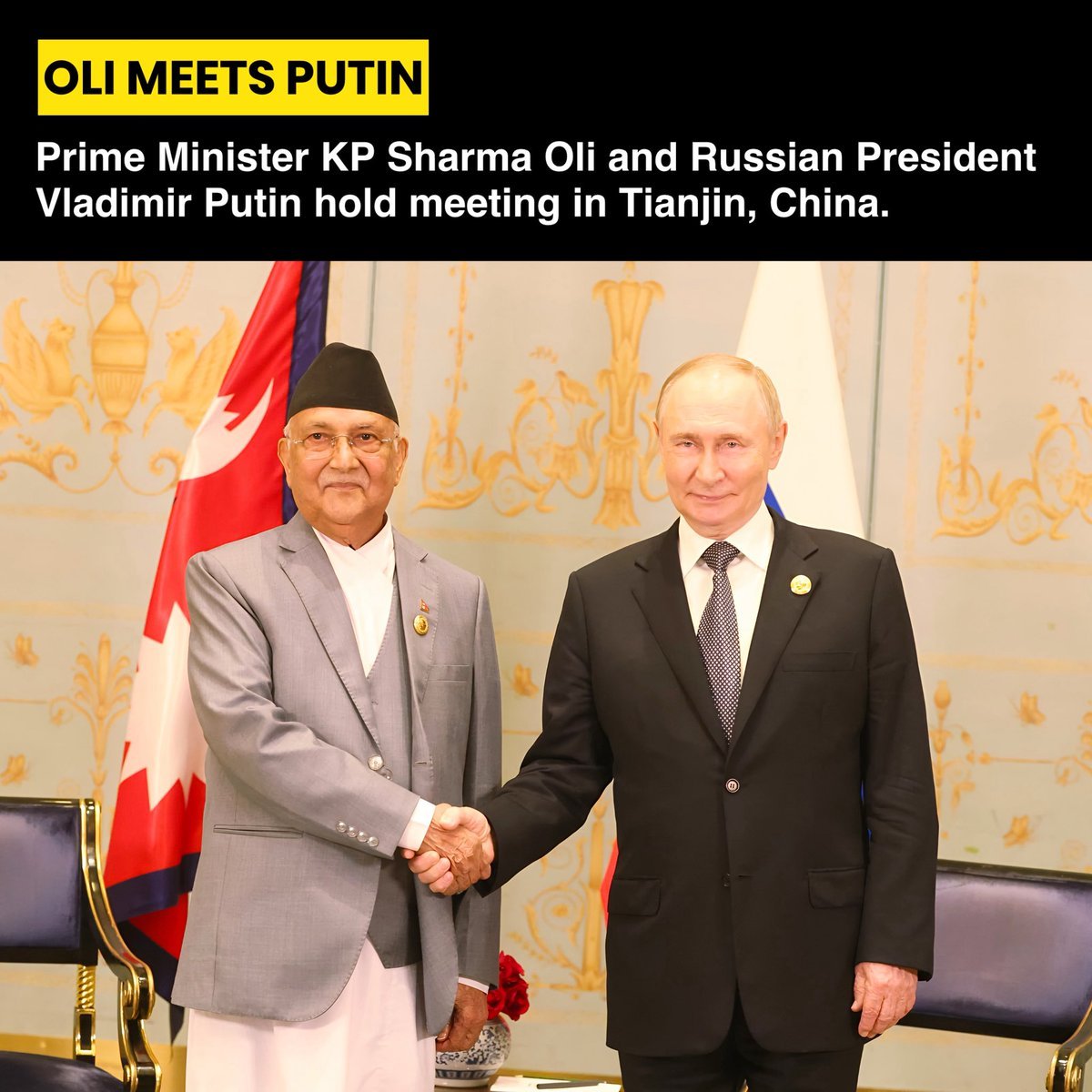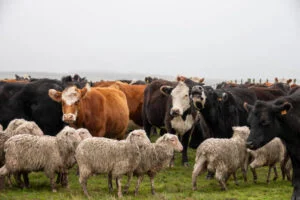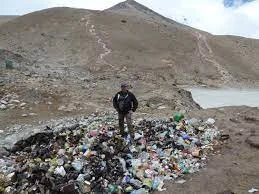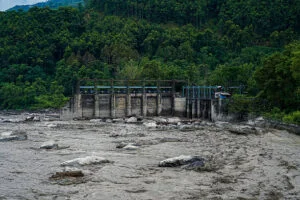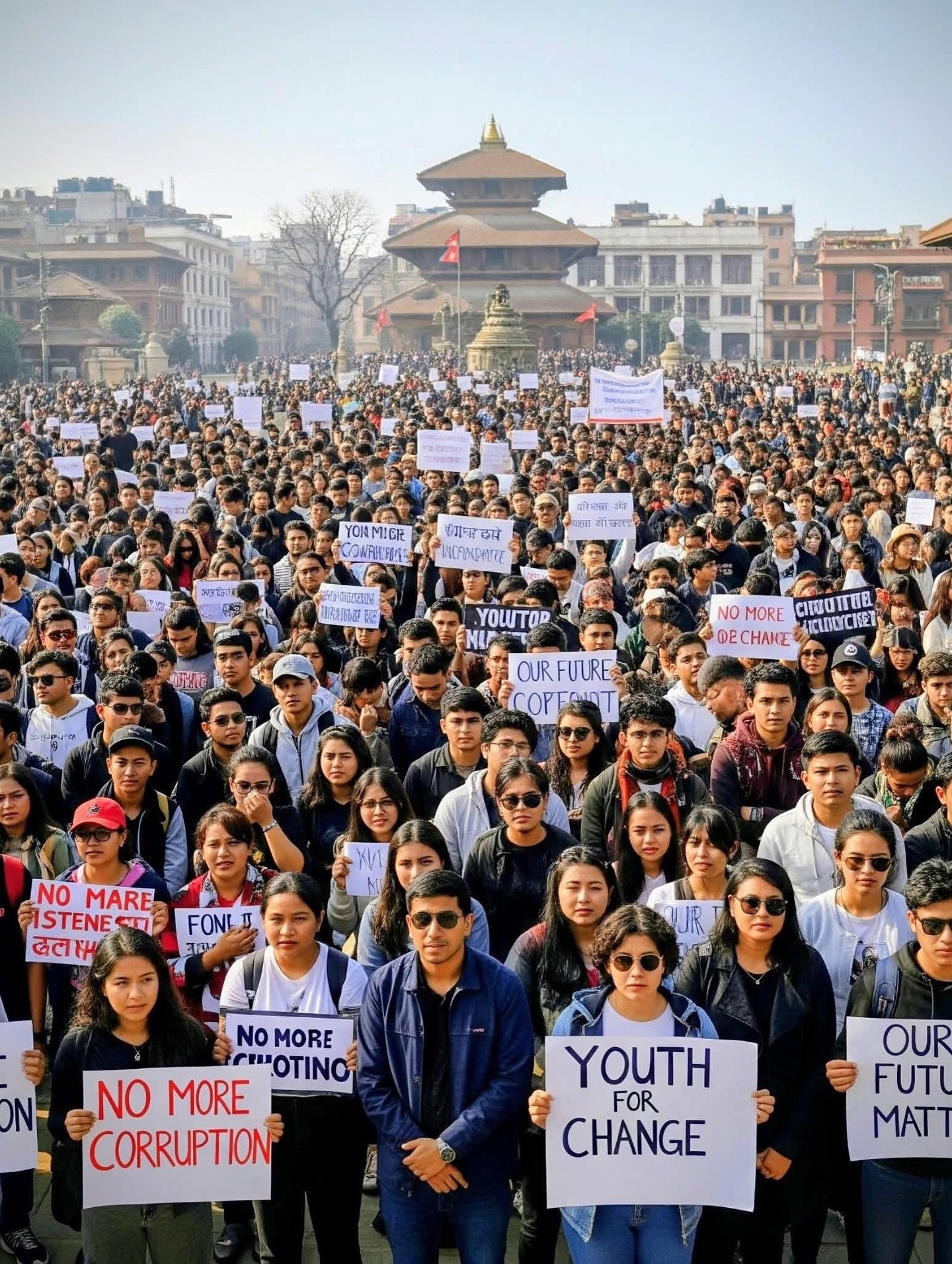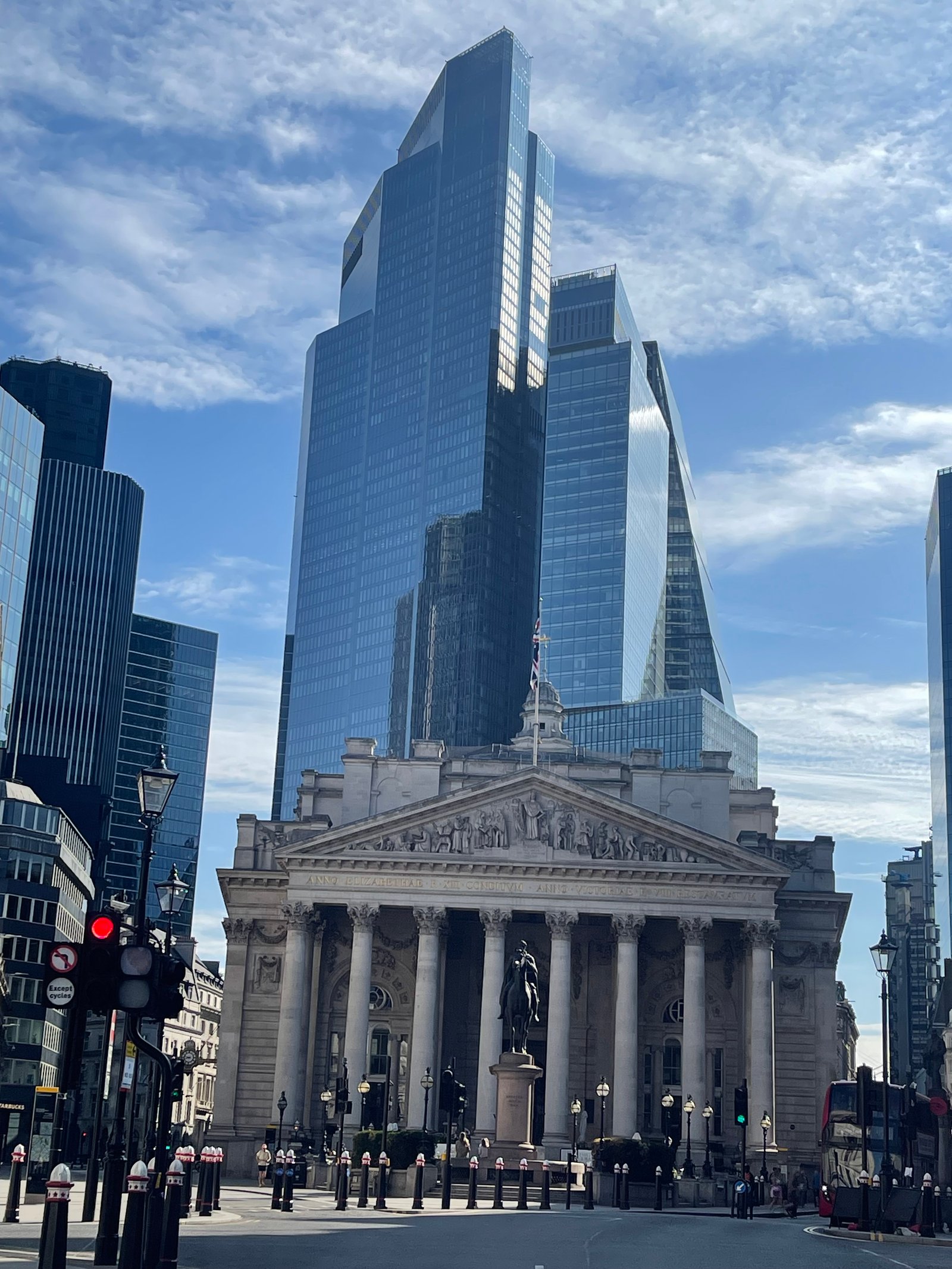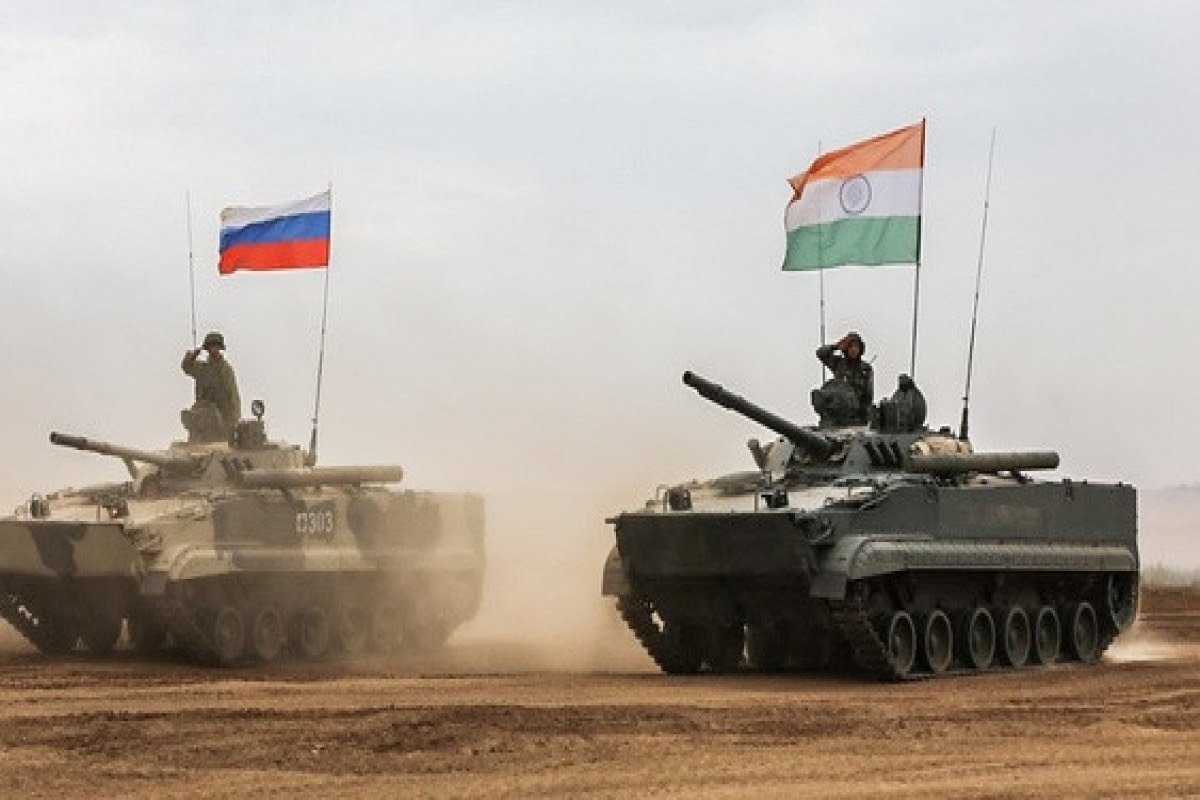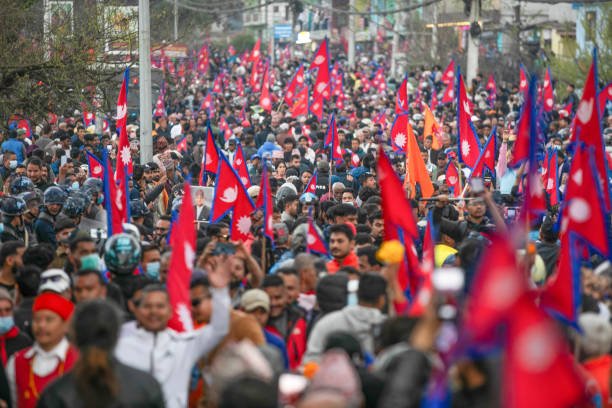
U.S. Aircraft Downed in South China Sea; Beijing Declares It’s Ready for Any War
U.S. Navy Aircraft Crash in the South China Sea Raises Tensions, as China Projects Growing Confidence in Military Posture Beijing / Washington, October 2025 – Two U.S. Navy aircraft—a Sea Hawk helicopter and an F/A-18F Super Hornet fighter jet—went down in separate incidents over the South China Sea within about 30 minutes of each other on October 26, while operating from the U.S. carrier USS Nimitz. Fortunately, all five personnel aboard the aircraft were recovered safely and are in stable condition. The crashes occurred during what the U.S. military described as “routine operations,” and the causes are under investigation. President Donald Trump, speaking from Air Force One, suggested that “bad fuel” may have played a role, and ruled out foul play — though official inquiries are still underway. Beijing’s Response: Accusations, Offers of Aid, and Strategic Messaging In Beijing, Chinese officials were quick to frame the incident within a broader narrative of U.S. military “provocation.” A Foreign Ministry spokesman accused the U.S. of frequently dispatching warships and aircraft to the South China Sea purely to display power — calling that “the root cause” of regional tension.Interestingly, China also offered humanitarian assistance to the U.S., saying that if Washington requests, Beijing would assist in rescue or recovery efforts. This dual posture—on one hand chastising the U.S. for “undermining regional peace,” while on the other offering help—fits a pattern in China’s diplomatic-military strategy: project strength and moral high ground simultaneously.  An Overview of South China Sea Tensions The South China Sea is a region of long-standing and complex sovereignty disputes involving multiple countries. Here's a breakdown of the current situation based on available information: China's Strategic Interests: Analysis suggests that China's primary interest in the South China Sea is not outright acquisition of territory, but the creation of a strategic buffer zone for its defense. Its military developments in the area are seen as providing a substantial defensive advantage, though this does not necessarily translate to an ability to project power far beyond the region. The "Nine-Dash Line": A central point of contention is China's "Nine-dash Line" claim, which extends deep into the maritime area. It's important to note that China claims sovereignty over the land features within this area and the consequent maritime rights, but does not claim control over all shipping within the line. Diplomatic Efforts: According to a report from the Australia Institute, China has actively pursued diplomacy with other claimants like Brunei, Malaysia, Vietnam, and Indonesia to manage disputes, reaching understandings even if full resolutions haven't been achieved. Conversely, tensions with the Philippines have been more persistent, with the involvement of the United States and its allies not facilitating a settlement. The 2017 U.S. Aircraft Incident The search results contain a report about two U.S. Navy aircraft from the USS Nimitz—an F/A-18 Super Hornet and a Sea Hawk helicopter—that crashed in the South China Sea in 2017.What Happened: The crashes occurred during routine operations. All five crew members from both aircraft were rescued and reported to be in stable condition.  President Trump's Comments: When asked about the incidents, then-President Donald Trump stated that the U.S. did not suspect foul play. He mentioned that one possibility he had been briefed on was "bad fuel," though a definitive cause was not provided at the time. Note on Information Recency: This aircraft incident occurred in 2017. The search results do not contain information about any more recent U.S. aircraft crashes in the South China Sea. The phrase “China is unstoppable” is more rhetorical than empirical. But it reflects a confidence baked into China’s current strategic posture. A few key factors inform this perception — and also the limits around it: Drivers of China’s Rising Military Confidence: Rapid modernization and capability buildup Over the past decade, China has dramatically expanded its naval, air, missile, cyber, and space capabilities. Its aircraft carriers, stealth jet program anti-ship ballistic missiles, and long-range precision systems have become more credible. Integrated “civil-military fusion: China blends civilian infrastructure, dual-use systems, and militia/coast guard forces to complicate adversary responses. The line between military and nonmilitary assets is blurred, giving China flexibility in escalation. Geographic advantage and interior lines: In a conflict close to its shores (e.g. Taiwan, South China Sea), China can more rapidly position forces, supply, and sustain operations than a remote power like the U.S. across the Pacific. Psychological and information warfare China emphasizes narratives of inevitability, strength, and deterrence to undermine opponents’ resolve before conflict begins.




